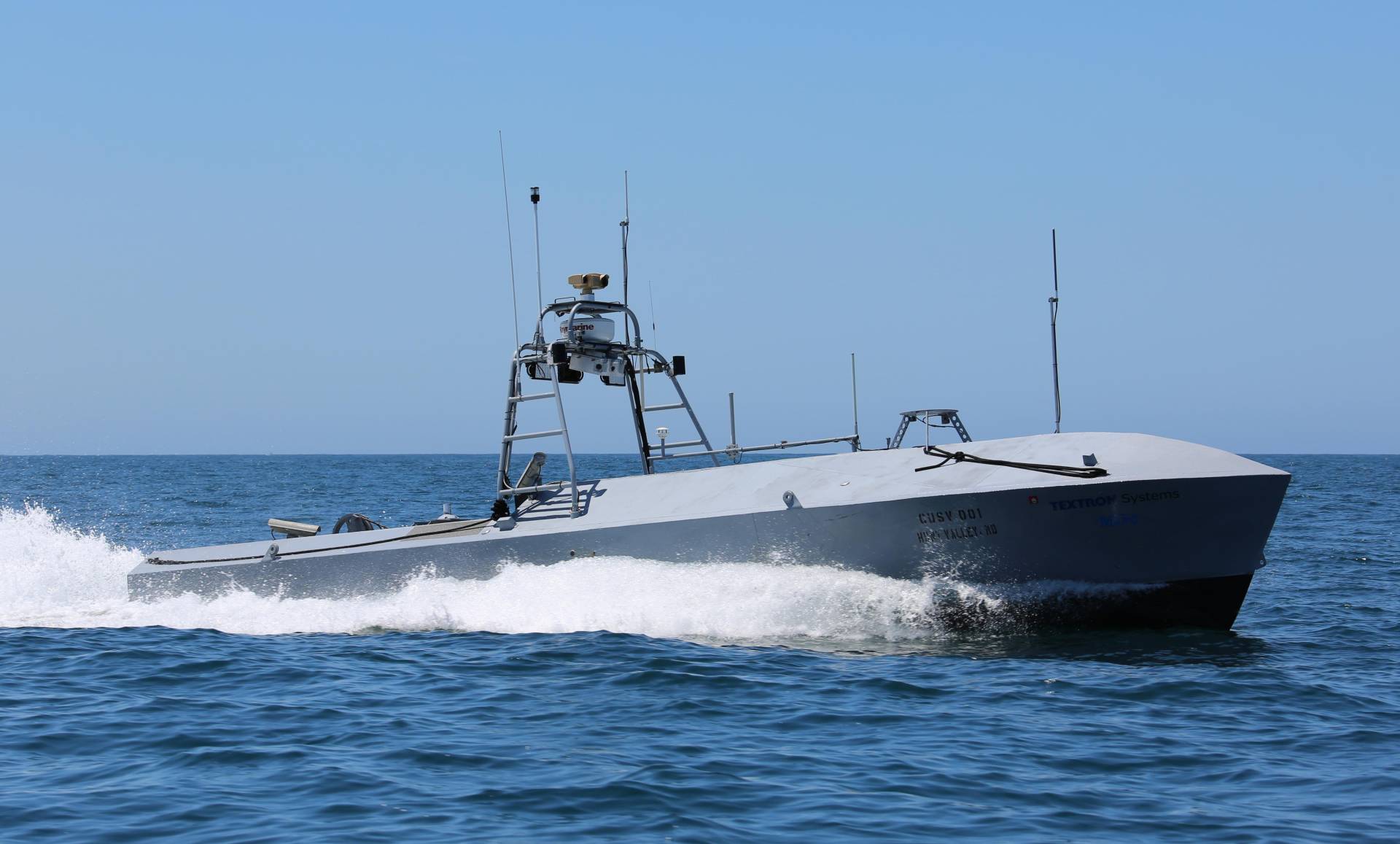Unmanned naval surface and underwater system production is slated to be mixed during the next 10 years, with Forecast International expecting manufacturers to produce some 29,550 units through 2024. The value of this market over the next decade is $15.4 billion.
Among the major segments of this market are torpedoes, unmanned underwater vehicles (UUVs) and unmanned surface vessels (USVs). The latter two system types may be used as naval targets, or to perform offshore patrol duties and mineclearing.
“Sales of torpedoes will account for more than half of this market’s value, but the unmanned vehicle segments are growing rapidly,” said Larry Dickerson, Forecast International’s senior unmanned systems analyst.
The torpedo segment is worth $8.1 billion, with the USV and UUV segments worth $6.1 billion and $1.2 billion, respectively.
According to Forecast International’s “Market for Unmanned Naval Surface & Underwater Systems,” overall production will rise from 2,722 units this year to a decade-high of 3,243 units in 2018, before descending to a low of 2,340 in 2022. Given the increasingly high costs for these systems, the value of production will rise from $1.044 billion in 2015 to a high of $2.065 billion in 2024.
Different companies lead in each segment, with some firms competing in more than one. Leading torpedo manufacturers, in terms of 10-year value of production, include Raytheon (Mk 54 LHT), Atlas Elektronik (DM2A4), Roketsan (Akya), and Mitsubishi Heavy Industries (Type 12).
Atlas Elektronik is also making headway within the expendable mine disposal vehicle (MDV) segment. Its Seafox is the most successful MDV currently on the market, although BAE Systems is aiming to win a greater share with its Archerfish.
General Dynamics is hoping to garner a share of the remotely operated vehicle segment with its new Knifefish UUV. Such systems are reusable and the primary means of clearing naval mines until the arrival of the new expendable MDVs. ECA has a long history of success with its PAP series. The company has manufactured over 500 systems and exported them to customers worldwide.
For decades, navies used unmanned surface vessels as surface targets during naval exercises and weapons systems testing. Some of these seaborne target systems – such as the former Spruance class USS Paul F. Foster (DD 964), now the EDD-964 Foster Self-Defense Test Ship (SDTS) – are very sophisticated.
In addition to testing self-defense systems, unmanned surface vessels are assuming other responsibilities. For example, Israel uses USVs to patrol its maritime border with the Gaza Strip, while the United States plans to use USVs to work with its Littoral Combat Ships (LCSs). A growing number of European nations are also experimenting with USVs. France, Germany, Italy and Turkey could deploy new USVs during the forecast period.
Forecast International, Inc. is a leading provider of Market Intelligence and Analysis in the areas of aerospace, defense, power systems and military electronics. Based in Newtown, Conn., USA, Forecast International specializes in long-range industry forecasts and market assessments used by strategic planners, marketing professionals, military organizations, and governments worldwide. Forecast International’s resources and extensive base of experience can be readily adapted and efficiently focused to fulfill a broad spectrum of civil and military consulting and special research requirements.











